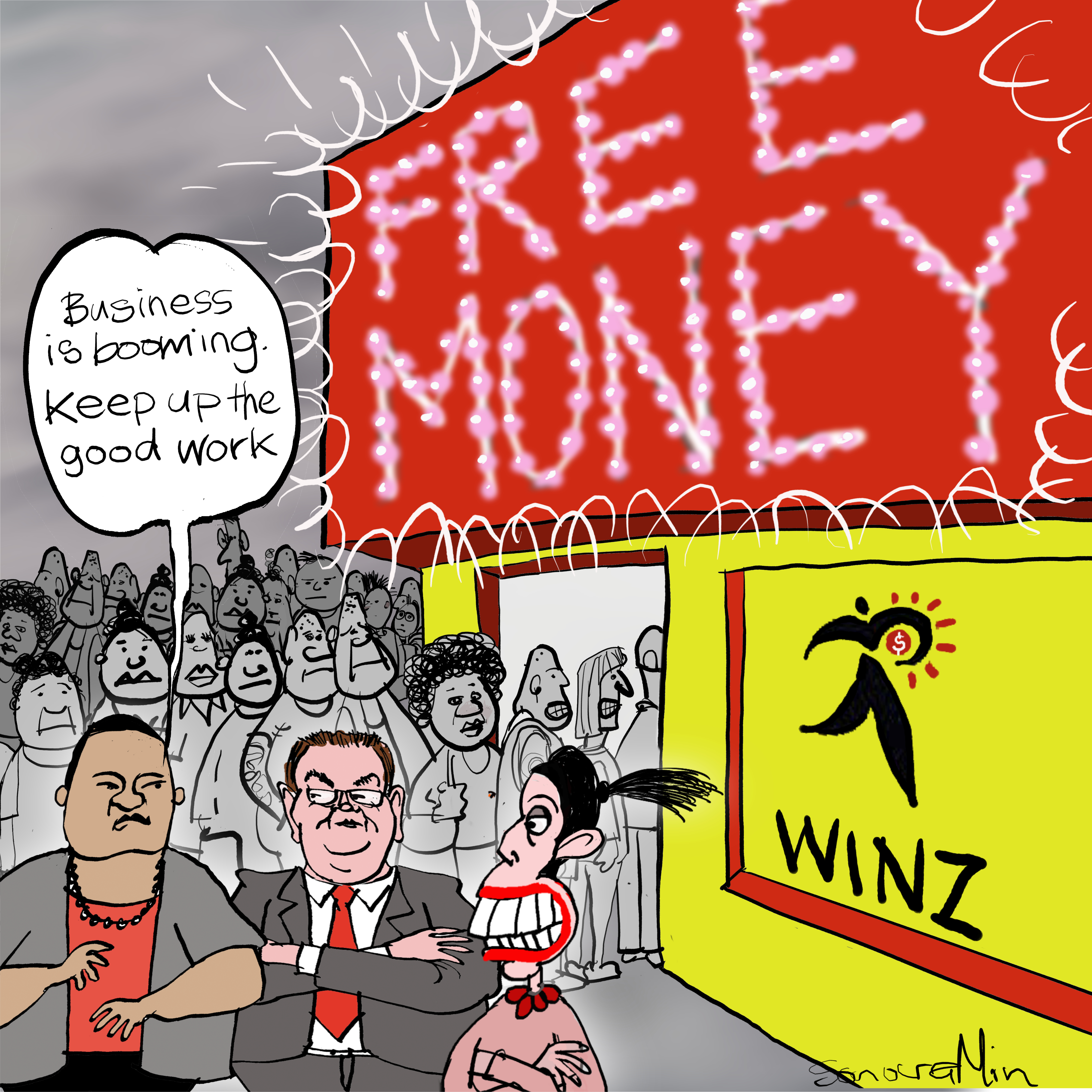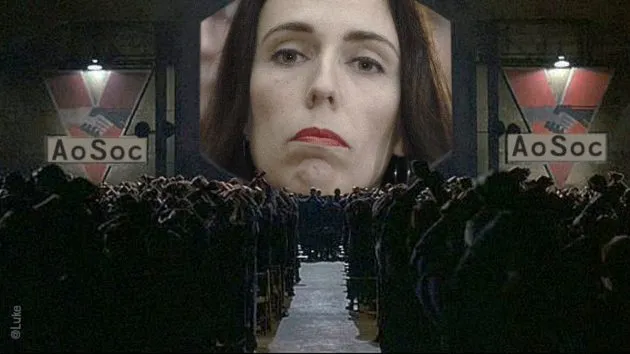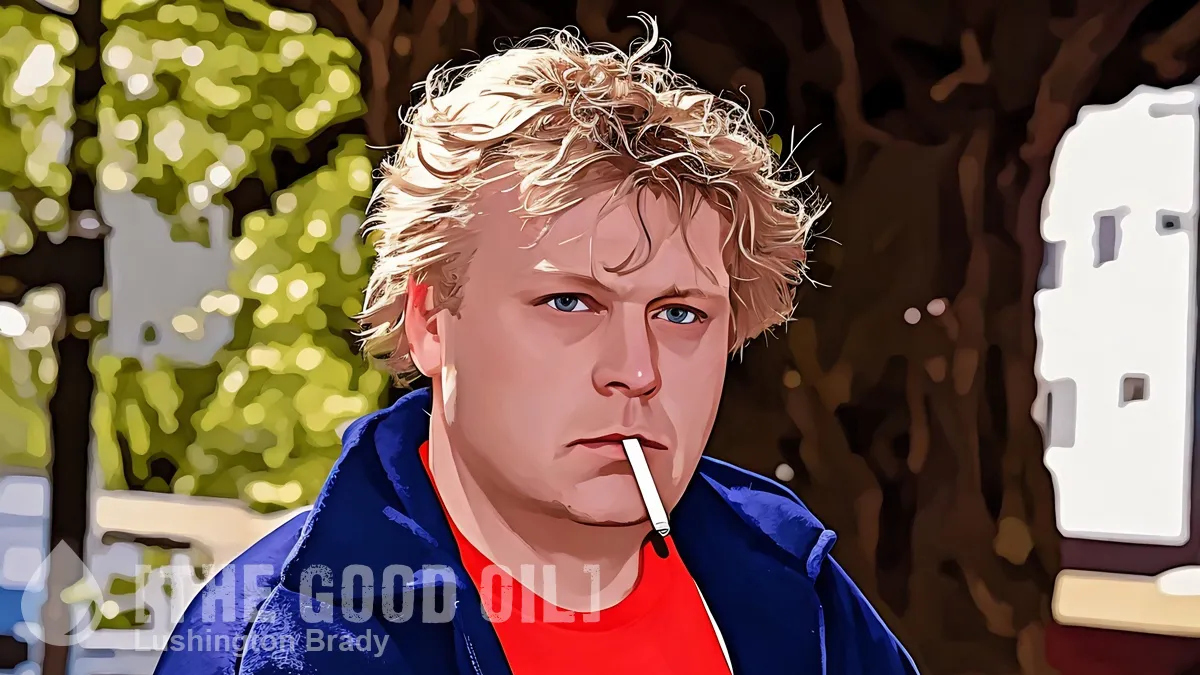Table of Contents
Sweden isn’t a country high on my list of places to visit. I went to Norway once and that was bad enough. Sweden is a country run by a commissariat of trades unionists, radical feminists and individuals who, by their own admission, are no friends of Israel. Every Swede, to my knowledge, is a radical feminist. It’s the sort of place where, if the Prime Minister is not a lesbian, he will become one once he starts transitioning.
It’s a country of Big State, of high taxation, of universal welfare and of nanny government. More recently Sweden was saving the world with its open borders policy, dropping its drawers to its own populace as if auditioning for some part in a mad Globalist-Marxist-Islamist’s underwear fetish. The Swedish system is much beloved of Helen Clark.
As I write this I am struck of course by the regrettable similarity between Sweden’s parliament and our own. Wellington is smitten by its own shamelessly dishevelled bunch of trades unionists, radical feminists and fans of Islam. But the point at which our countries and our systems diverge, and where Sweden leads us onto a sunlit upland path, is her independence of thought in handling the pneumonia-causing coronavirus.
“To the Swedes,” says The Telegraph’s Fraser Nelson, “it’s the rest of the world engaging in a reckless experiment.”
“Faced with what many there believe will be a manageable illness, Sweden has decided – for now at least – that lockdown represents a greater risk.” Great Britain to Nelson has always seemed the better place to be, but Sweden’s new ace is that it may very well be the only country in Europe to come out of the current crisis with its economy partially intact.
“There is, still, no lockdown there. Shopping centres remain open, as are most schools and firms. Many work from home, many don’t – all are at liberty to choose. When I called a friend in Stockholm to ask about the Swedish experiment, he was on his way to a book launch. He’s still taking his sons to football matches and is proud that Sweden is keeping calm and carrying on. To him there is no Swedish experiment: it’s the rest of Europe that is experimenting – by locking down economies in response to a virus which may prove to be no more deadly than flu.”
The Swedes don’t have their heads in the sand. The country – with a population of 10 million – has had, at the time of writing, 5,500 confirmed COVID-19 cases and nearly 300 deaths. Where their approach differs is that the Swedes, Big Government fanatics as they are, don’t want the government to determine everything. Sweden’s virus response is being managed by its fiercely independent Public Health Agency led by Anders Tegnell, the state epidemiologist. Politicians have been forced to take a back seat.
Sweden’s determined independence on the subject of coronavirus is driven by a desire to weigh up its own independent expert advice. The debate changed for Britain when Imperial College published its finding that 250,000 people there could die if lockdown was avoided – a finding which is at odds with that of Cambridge University and others.
“They disagree with Imperial. They still see Covid-19 as a manageable risk.”
The Swedes seem to trust Tegnell because the debate is being carried out in the open. The facts and figures are transparent.
“Hospital data is published all the time, so Sweden’s “experiment” is being conducted in the open. Every time a patient is admitted, the data is updated on a Covid live website in striking detail.
- Average age: 60.
- Those with diabetes: 26 per cent.
- With cardiovascular or lung disease: 24 per cent.
- With at least one other underlying health condition: 77 per cent.
Sweden is also updating its statistics to say if someone died from Covid, or of something else – but with Covid. This might reduce the ‘death’ figure by two thirds.”
Whatever happens in Sweden in the coming weeks, my feeling is that balanced debate will prevail and that it’s the Swedish people who will decide. At home, meanwhile, and despite miniscule Covid statistics here – 911 cases, 13 hospitalisations and 1 death at time of writing – we have swapped our semi-elected government with its sorry assortment of list-appointed parliamentarians for a much less desirable technocratic state dictatorship.
Mike Bush, resurrected from the dead to rule over us via the Police, published on Saturday The Rules which we must now all live by. This is a startling new mandate for the Police, who were once upholders of the law but are now the ones who make it. Dr Ashley Bloomfield, the Director-General of Health, updates us daily on the condition of our health, what we can expect to be done about it, and how stressed he believes we must be feeling as a result of his interventions. Whether or not he is following international best practice, in areas such as testing, is not open to debate.
The government seems to be particularly keen to branch into the management of people’s mental health, with several new ‘initiatives’ being launched.
Neither Bush nor Bloomfield has been elected, though both wield enormous power and act to provide legitimacy to a government which is arguably holding our society in a state of tyranny. The lockdown appears to be not just an economic experiment but also a social one – and not only here. We are watching it unfold in a coordinated fashion across the Anglosphere and most of the Western world.
We all now live in a “bubble”, to use the Prime Minister’s childish yet somehow chilling terminology, which means that the overlapping spheres in which we ordinarily conduct our lives have been shrunk to the point of total personal disempowerment. Social intercourse has stopped and our world views – each of them now remote and individual – have shrivelled.
My own survey of our government’s response to the pandemic – far from scientific I know and based on only the most limited interactions with colleagues on computer screens, neighbours shouted to over fences, the odd bus driver, the lady at the supermarket checkout and the drug dealer who lives down the road (who now, by the way, has a “closed for business” sign on his gate) – is that Miss Ardern has done a very fine job by going “hard and early” and has superb messaging. The ensuing loss of freedom “has been worth it” to avoid a “crisis”.

That a seemingly limitless supply of funny money is being dished out to all and sundry certainly seems to have assisted in cultivating this view. Yesterday the government made $5 billion available to pay people’s wages (RNZ) – and there’s plenty more where that came from, it seems. Nobody cares that it is money we don’t actually have. This week I have received several emails from Chief Executives of government entities promising that the government will flood the market with other people’s cash to get things going again once all this is over. Don’t worry, they say. We’re on a war footing and will do “whatever it takes”.
Whatever it takes looks a lot to me like the Great Leap Forward, as we fall into the cold embrace of Communist-looking state machinery. Besides forcing a cowed population to live under virtual curfew and actual house arrest, limiting our movement and curtailing the democratic principle of freedom of association, the government now pays wages (and will probably set them), has expressed a willingness to prop up (and run?) failing businesses, has established a duopoly in food distribution by closing independent retailers, and plans to manage the future economy through its own infrastructure projects – which we will no doubt all be reliant on and hugely thankful for.
In spite of this, or perhaps because of it, the economy looks set to take as much of a thrashing as our public life – the two, of course, being intertwined. Charles Moore, former Daily Telegraph editor and Margaret Thatcher biographer writing in The Spectator, warns of the phenomenon Orwell satirised in Nineteen Eighty-Four – “a state of permanent war (if not on people, then on viruses) to secure permanent state control.”
“Those of us who are still not communists can be made to look heartless when we point out that the economy should not be destroyed in the process of defeating the disease. We appear to be putting money before life. No, we are suggesting that the two […] go together.”
Moore points out that the etymology of the word economy is Greek and in early English usage it meant “The management of a family; the government of a household”.
“[Economy] is the word for how we make life in society work. Communism is the word for how we make it collapse.”
With a state-run economy and a compliant populace plugged into the state propaganda machine, afraid of its own mortality and grateful, it seems, to just be alive – we are witnessing in a microcosm not only economic tyranny but the end of liberty and the potential for the death of humanity itself.
If you enjoyed this BFD article please consider sharing it with your friends.









